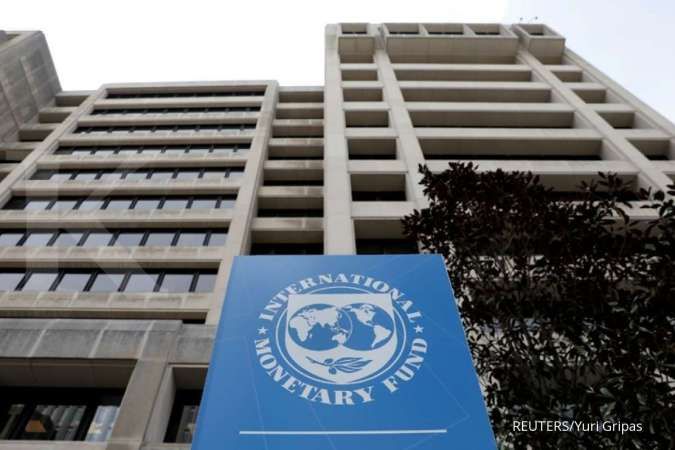MACROECONOMICS - JAKARTA. Indonesia's central bank has scope to unwind 2018's interest rate hikes "cautiously", but may not have room for further cuts in reserve requirements of banks, the International Monetary Fund said in its review of Southeast Asia's biggest economy.
In its annual Article IV report published on Thursday, the IMF said given inflation risks appear contained "authorities have space to partially and gradually unwind the interest rates hikes adopted in response to the 2018 EM (emerging market) selloff, unless significant capital account pressure re-emerge, but need to proceed cautiously."
Bank Indonesia (BI) raised interest rates six times last year by a total of 175 basis points to defend the rupiah amid outflows triggered by U.S. rate increases and the U.S.-China trade war.
Last month, BI cut its benchmark by 25 basis points, moving ahead of the Fed, which on Wednesday also cut by a quarter of a percentage point.
BI Governor Perry Warjiyo has said there is room for more accommodative policy as inflation will likely stay low.
BI's 2018 rate increases were paired with easier lending and liquidity rules intended to limit potential stress on the financial sector.
The IMF said its assessment of current conditions suggested no room for further relaxation.
"Instead, BI should assess the effects of recent relaxation of macroprudential measures," it said, adding that maintaining current liquidity buffers, including reserve requirements, would provide BI ammunition in case of possible future shocks.
Warjiyo has previously said the central bank was considering further RRR reductions, after a 50-basis-point cut in July.
The IMF praised BI's policy mix for being "successful" in navigating a period of volatility without sacrificing GDP growth. However, it warned that the strong presence of the central bank in the money and foreign exchange market, if sustained, "could hamper financial deepening."
Responding to the IMF's report, BI said it continued to optimize its policy mix to maintain stability and support economic growth.
The IMF also kept its forecast for Indonesia's economic growth at 5.2% for 2019 and the same pace for 2020 in the report, though it said over the medium term growth could pick up to 5.3%, underpinned by domestic demand.
It sees a gradual narrowing in Indonesia's current account gap from 3% of GDP in 2018 to 2.9% in 2019 and 2.6% in 2024, and the country's balance of payments is seen returning to a surplus this year and on through 2024.
The IMF recommended the government hold a neutral fiscal stance for this and next year, noting uncertainties over external financing and rising contingent liabilities from state companies. It forecast a fiscal deficit at 1.8% of GDP in 2019 and in 2020.
/2019/04/23/267063266.jpg)











